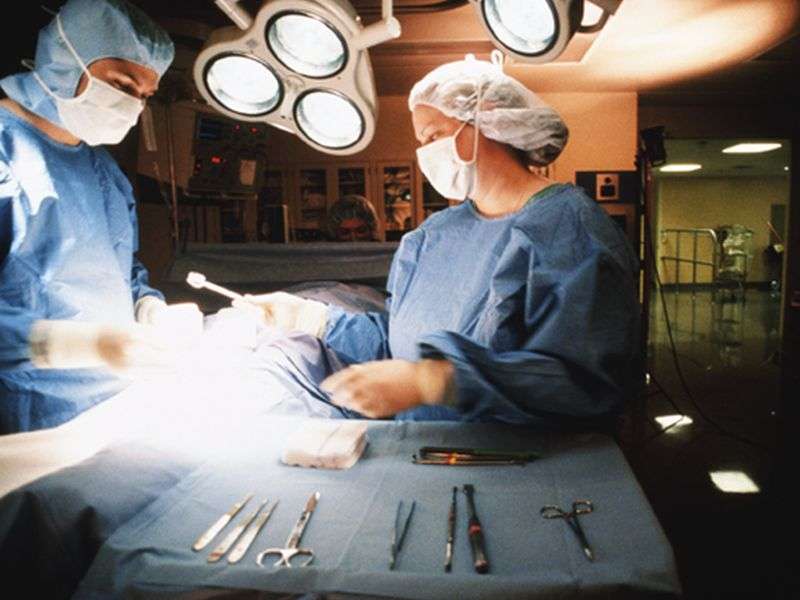(HealthDay)—Women with vaginal mesh with complications have a significantly increased proinflammatory response, according to a study published in the August issue of the American Journal of Obstetrics & Gynecology.
Alexis L. Nolfi, from the University of Pittsburgh in Philadelphia, and colleagues defined and compared macrophage response in patients who underwent mesh excision surgery for the indication of pain versus mesh exposure. Twenty-seven mesh-vaginal tissue complexes were excised from 27 women with mesh complications (15 removed for exposure, 12 removed for pain); these were compared with 30 full-thickness vaginal biopsy specimens from women who underwent benign gynecologic surgery without mesh.
The researchers found that macrophages surrounded each mesh fiber in both groups, with the M1 proinflammatory subgroup predominant. Compared to vagina without mesh, mesh-vagina explants had significantly increased M1 and M2 cytokines/chemokines, MMP-9 (pro and active), and MMP-2 (active). Compared with those removed for pain, mesh explants that were removed for exposure had 88.4 percent higher pro-MMP-9 (P = 0.035). In the pain group there was a positive correlation for the profibrotic cytokine interleukin-10 and the percentage of M2 cells (P = 0.037).
"In women with complications, mesh induces a proinflammatory response that persists years after implantation," the authors write.
Two authors disclosed cooperative research agreements with ACell.
More information:
Abstract
Full Text
Journal information: American Journal of Obstetrics and Gynecology
Copyright © 2016 HealthDay. All rights reserved.




















